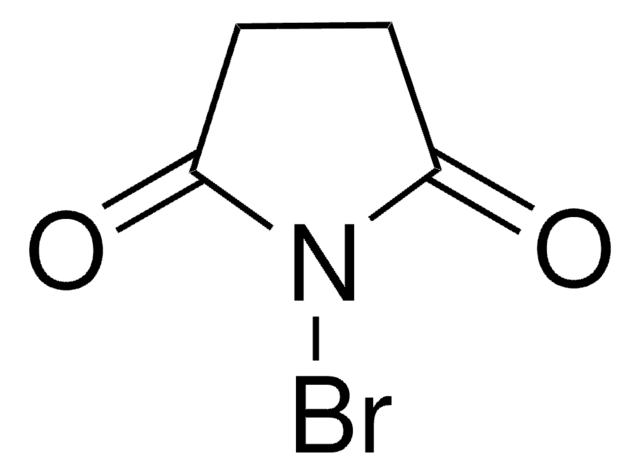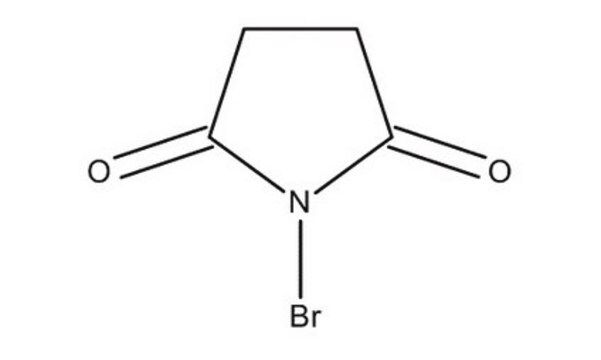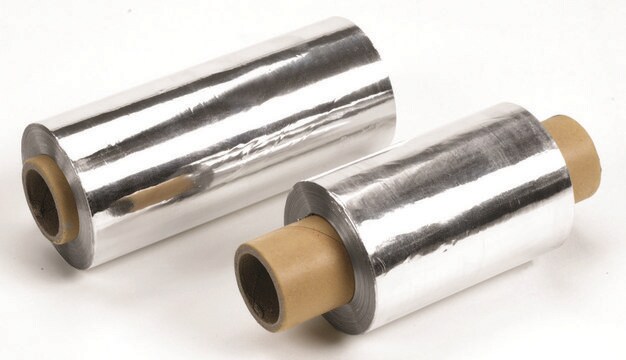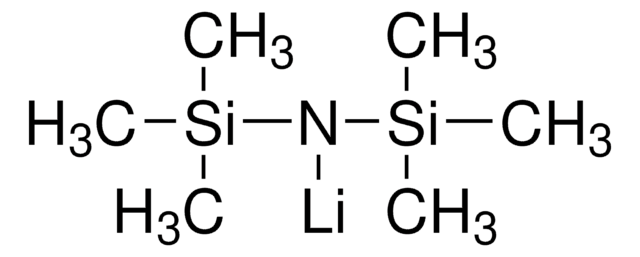326852
Aluminium
foil, thickness 0.25 mm, 99.999% trace metals basis
About This Item
Empfohlene Produkte
Qualitätsniveau
Assay
99.999% trace metals basis
Form
foil
Selbstzündungstemp.
1400 °F
Widerstandsfähigkeit
2.6548 μΩ-cm
Dicke
0.25 mm
bp
2460 °C (lit.)
mp (Schmelzpunkt)
660.37 °C (lit.)
Dichte
2.7 g/mL at 25 °C (lit.)
Anwendung(en)
battery manufacturing
SMILES String
[Al]
InChI
1S/Al
InChIKey
XAGFODPZIPBFFR-UHFFFAOYSA-N
Menge
Lagerklassenschlüssel
11 - Combustible Solids
WGK
WGK 3
Flammpunkt (°F)
Not applicable
Flammpunkt (°C)
Not applicable
Persönliche Schutzausrüstung
Eyeshields, Gloves, type N95 (US)
Hier finden Sie alle aktuellen Versionen:
Besitzen Sie dieses Produkt bereits?
In der Dokumentenbibliothek finden Sie die Dokumentation zu den Produkten, die Sie kürzlich erworben haben.
Kunden haben sich ebenfalls angesehen
Artikel
In many technologies, performance requirements drive device dimensions below the scale of electron mean free paths (λe). This trend has increased scientific interest and technological importance of electrical resistivities at the nanoscale.
Can there be an effective strategy for finding breakthrough materials, since they are, by definition, unpredictable? One answer is found in Combinatorial Materials Science techniques, which represent a powerful approach to identifying new and unexpected materials.
Biomedical implants are essentially foreign substances within the human body that must survive many years’ exposure to demanding mechanical and physiological conditions. Despite these challenges, metal implants have been widely used to substitute for or rebuild hard tissues such as bones and teeth.
The unique properties of the rare-earth elements and their alloys have brought them from relative obscurity to high profile use in common hightech applications.
Unser Team von Wissenschaftlern verfügt über Erfahrung in allen Forschungsbereichen einschließlich Life Science, Materialwissenschaften, chemischer Synthese, Chromatographie, Analytik und vielen mehr..
Setzen Sie sich mit dem technischen Dienst in Verbindung.





